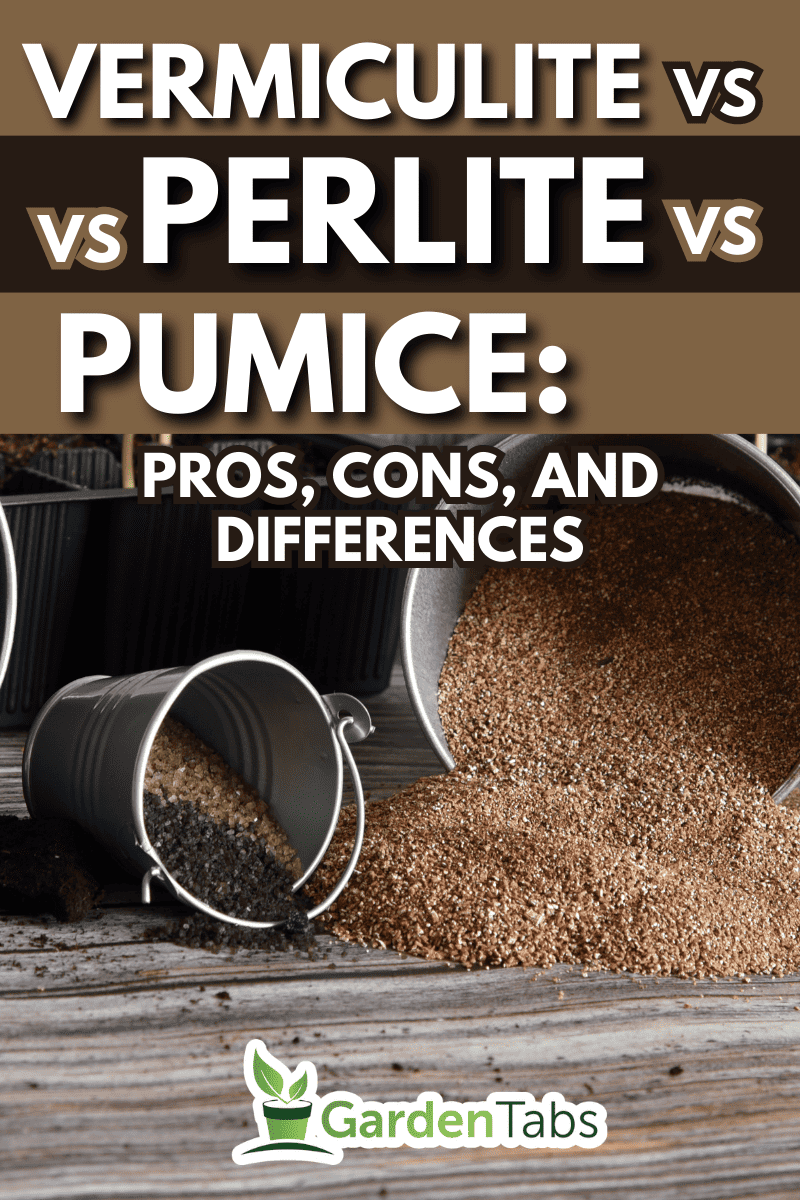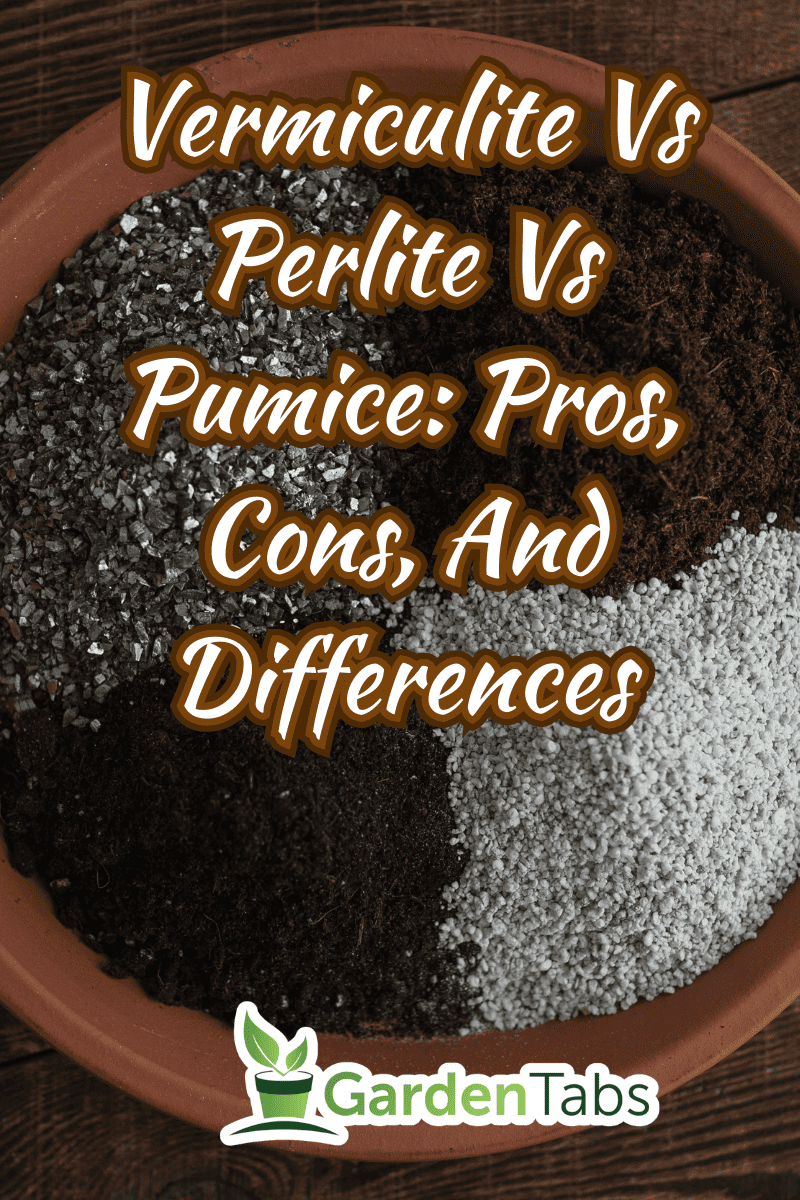Are you building your own medium and want to learn more about some of the common additives you can use? Well, you've come to the right place. We've put together this guide to help you figure out what vermiculite, perlite, and pumice can do for your garden.
Vermiculite has excellent water retention properties and releases water as the plant needs it. Perlite improves drainage and aerates the soil. Pumice improves drainage and soil quality while also retaining water.
You're probably wondering how to determine which one should be used. And can you mix them together to build custom soil? Keep reading to learn all about each option and how to each amendment.
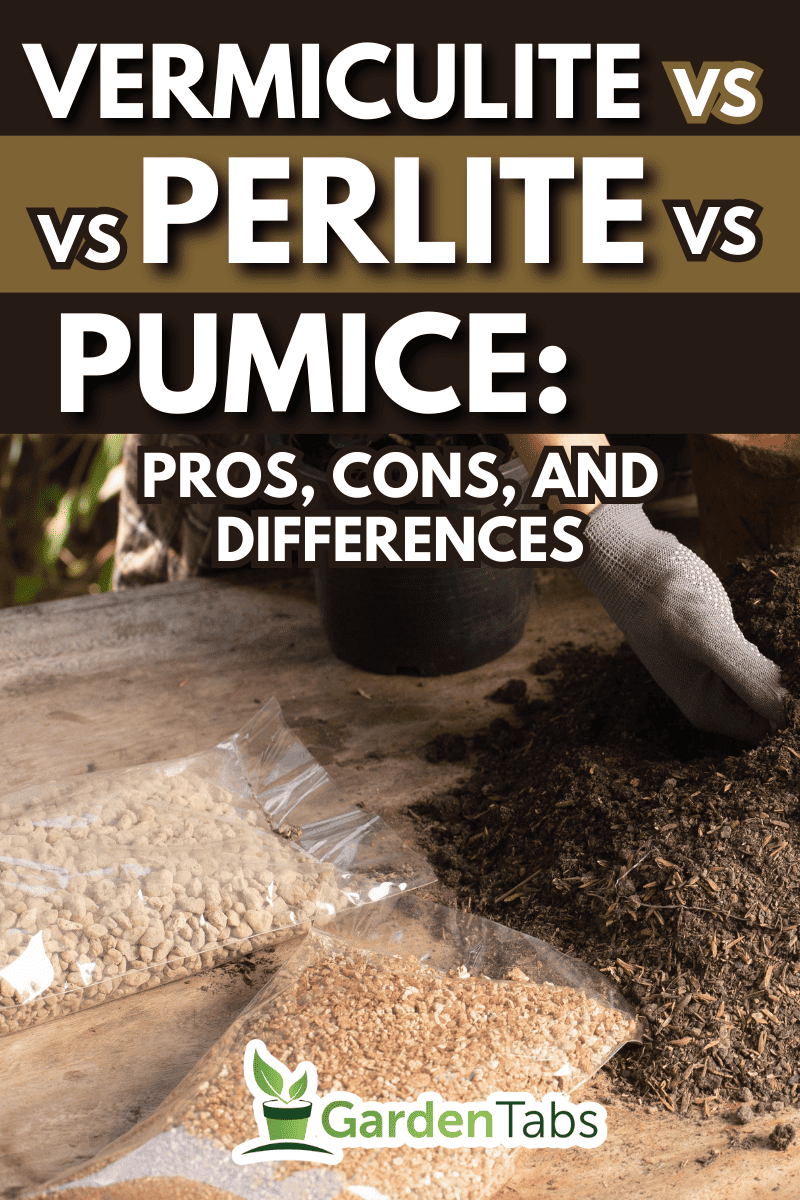
Why Use Soil Additives And Amendments?
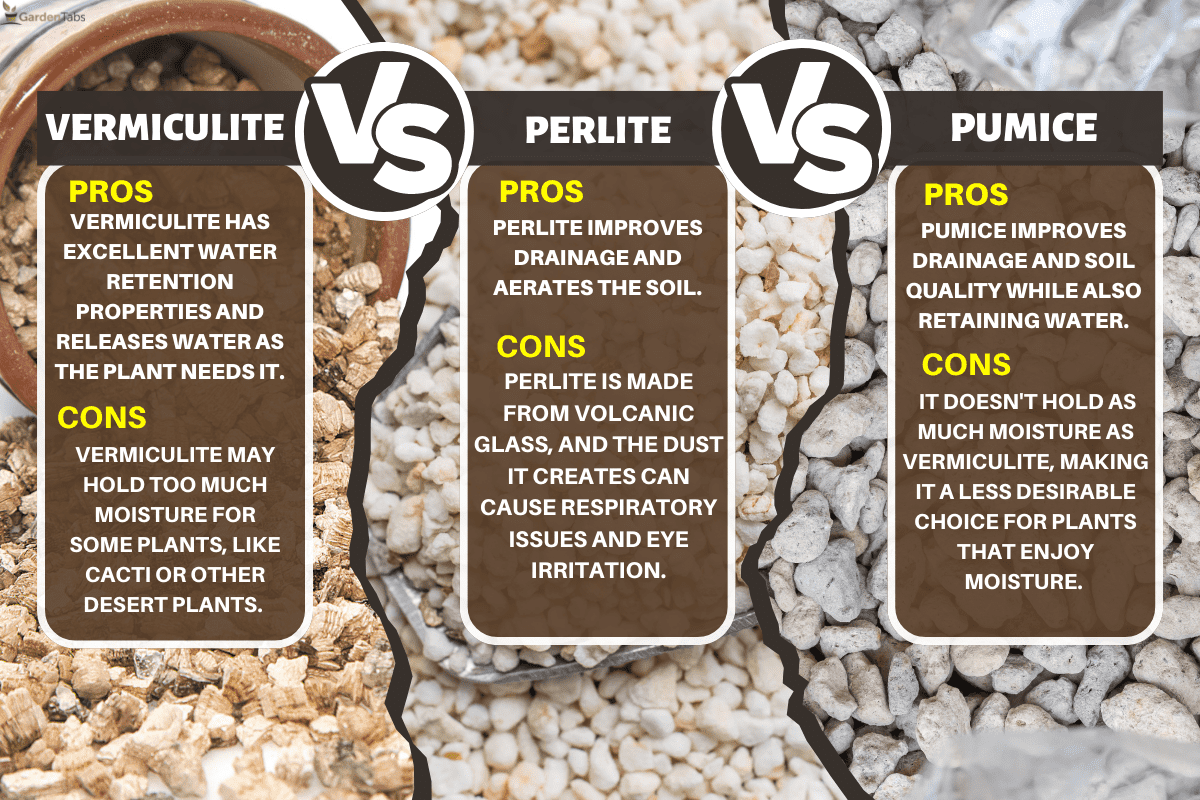
Using soil amendments like vermiculite, perlite, and pumice can make your gardening experience smoother.
Amendments can reduce the amount of watering required, improve the health of your plants, and make your garden more productive. Using soil amendments can also help you stretch your soil a little further by providing more matter to bulk up your soil.
What Is Vermiculite?
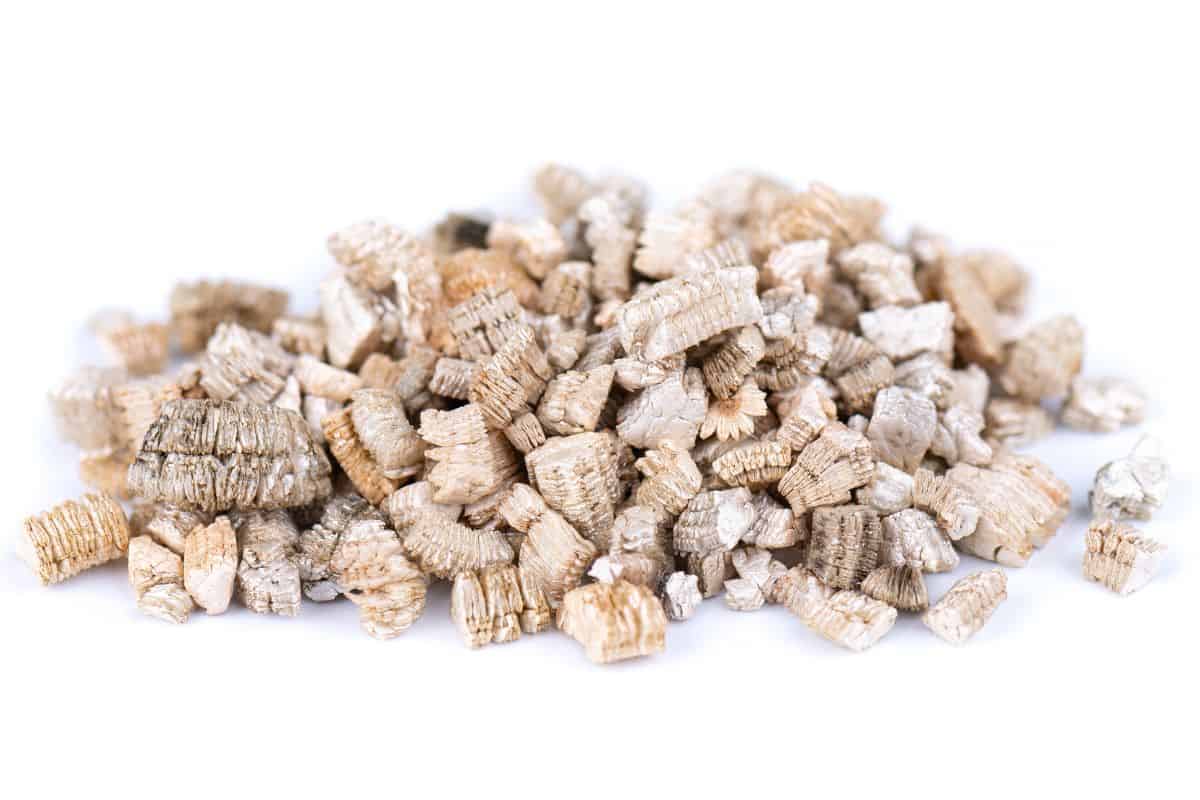
Vermiculite is a naturally derived mineral called hydrous phyllosilicate which is heated to cause expansion. The finished product will have the appearance of large granules with jagged, layered-looking edges.
It can range in color from a sandy brown to a gray tone, and it makes an excellent addition to soil. Or, it can be used on its own.
Organic Vermiculite By Perfect Plants
This vermiculite is available in a 4- or 8-quart size depending on what you require for your project. The granules are of a medium grade, so they're not too large or too small.
Click here to see this vermiculite on Amazon.
What Are The Pros Of Using Vermiculite?
Vermiculite has many advantages; it retains water very well and releases it slowly back into the soil to reduce the frequency of watering.
Since it's created with exposure to high heat, it's sterile, making it a great choice for starting seeds or growing cuttings. It also does a good job of retaining nutrients for the plants and releasing them back slowly.
What Are The Cons Of Using Vermiculite?
Vermiculite may hold too much moisture for some plants, like cacti or other desert plants. It can also raise pH levels in the soil which can have a negative effect on sensitive plants.
Another negative aspect of vermiculite is that it isn't as eco friendly as some other options since it isn't considered a renewable resource.
What Is Perlite?
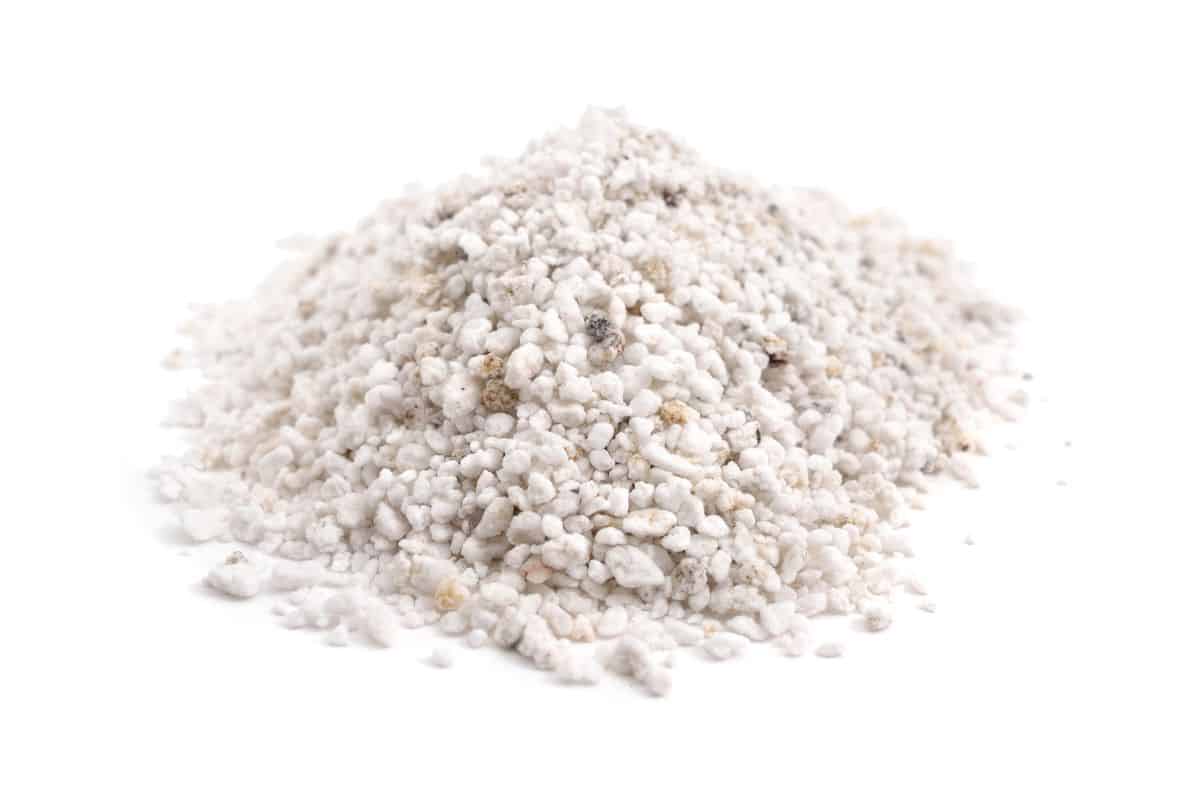
Perlite is made from naturally occurring volcanic glass that expands under high temperatures, forming a puffed-up granular version. It strongly resembles crumbled styrofoam and even feels very similar. Perlite can hold small amounts of moisture, helping to keep the surrounding medium hydrated.
Organic Perlite By Perfect Plants
This perlite is available in 1-, 4-, or 8-quart packages to meet the needs of your project. It also comes in a resealable bag, so you can put aside any leftovers for next year.


Click here to check out this perlite on Amazon.
What Are The Pros Of Using Perlite?
The biggest advantage of using perlite for gardening is that it works extremely well to aerate the soil and prevents soil compaction. This makes the soil easier for roots to grow into, providing plants with a great foundation. Perlite also retains moisture fairly well, although not as well as vermiculite.
What Are The Cons Of Using Perlite?
There are a few disadvantages to keep in mind when considering using perlite. Perlite is made from volcanic glass, and the dust it creates can cause respiratory issues and eye irritation. It's also a very light material and can be easily displaced by water or wind.
What Is Pumice?
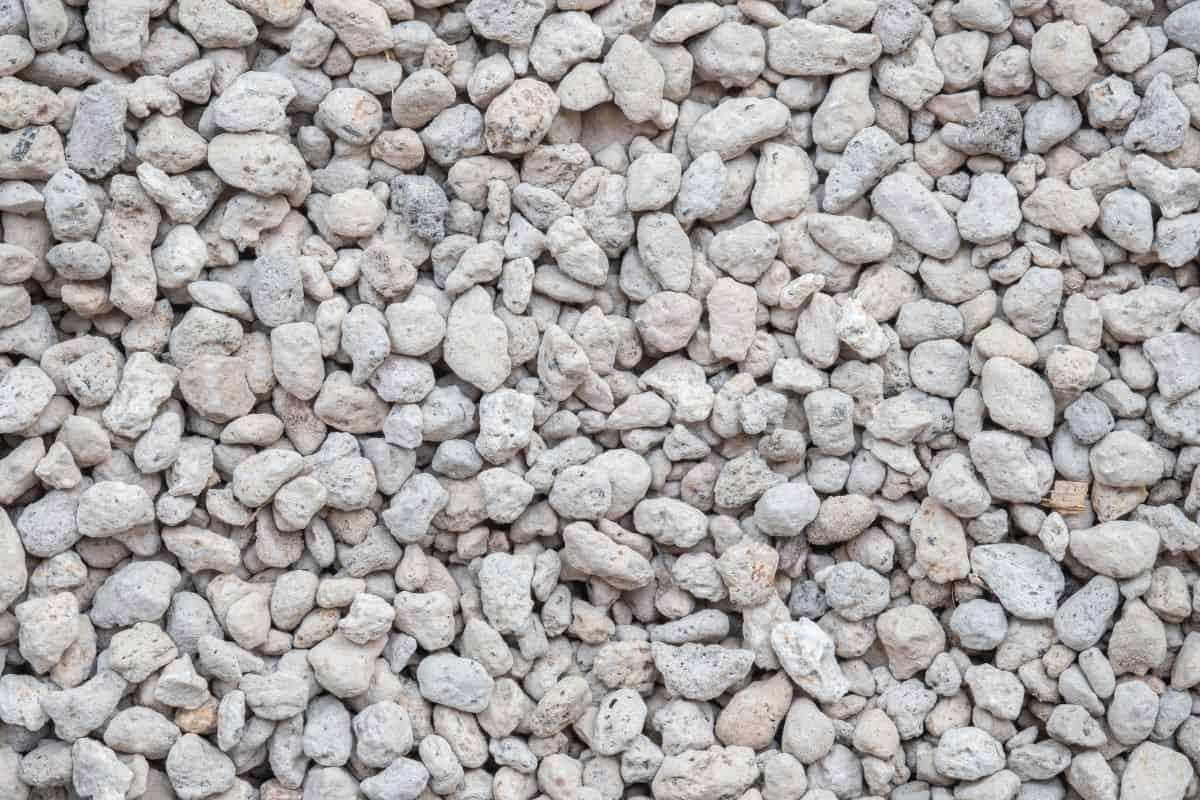
Pumice is a porous volcanic rock that is crushed into a granular size to be mixed with soil. It is naturally occurring and is mined in many parts of the world. A very popular soil amendment, pumice is a reliable soil amendment option for any garden.
USA Pumice 1.25 Quarts
This pumice is sourced in the USA, so you can feel good about using it in your garden. The company offers a satisfaction guarantee or your money back.


Click here to take a look at this pumice on Amazon.
What Are The Pros Of Using Pumice?
Pumice greatly improves drainage and aerates soil, but it's heavier than perlite, which means it won't blow away in the wind.
It also holds moisture about as well as perlite, making it a good opinion if hydration is a concern. Pumice also contains trace amounts of beneficial minerals that are great for plants, conditioning the soil to create prime growing conditions.
What Are The Cons Of Using Pumice?
Pumice can become a costly option depending on how much you require. This can make it a less desirable option for people who want to cover large areas. It doesn't hold as much moisture as vermiculite, making it a less desirable choice for plants that enjoy moisture.
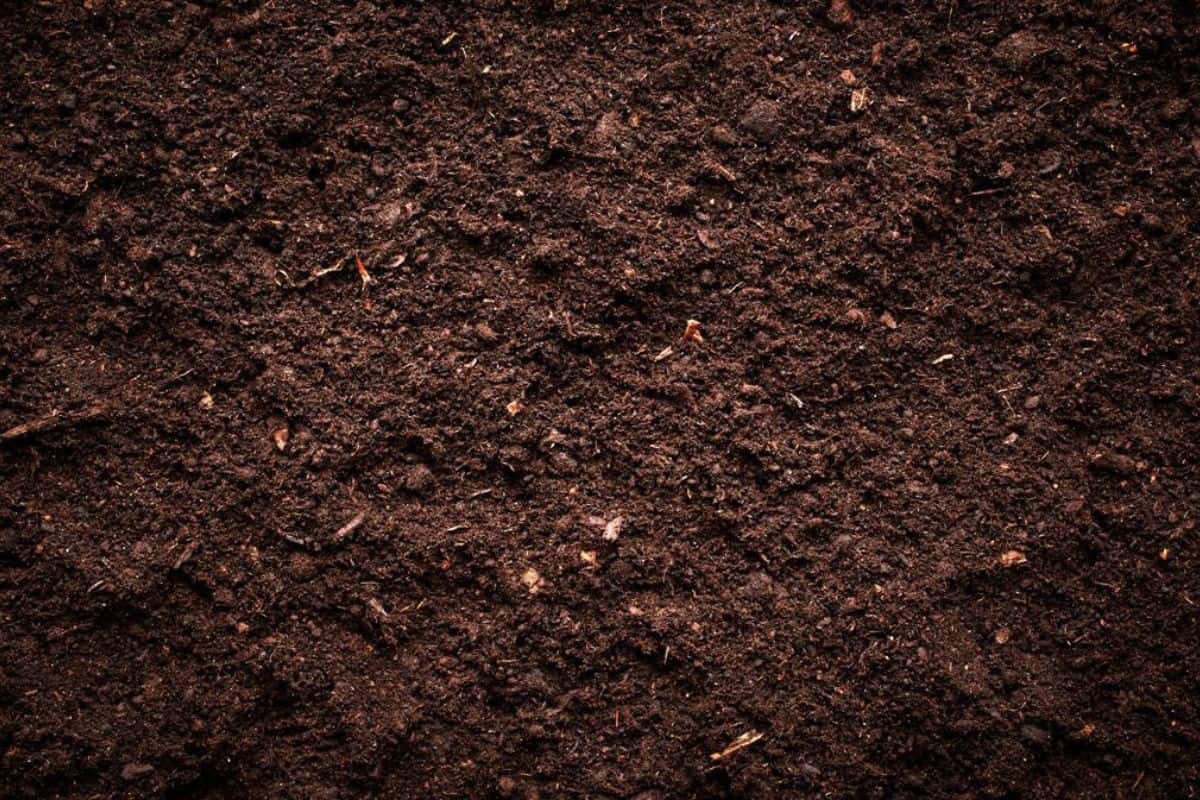
Can You Mix These Amendments Together?
Yes, you can mix vermiculite, pumice, and perlite however you please to achieve your desired soil features and consistency. Vermiculite will hold more moisture than pumice or perlite but won't help to aerate the soil much. Perlite and pumice both do well at aerating the soil but don't retain a lot of moisture.
How Much Should You Add To The Soil?
A good rule of thumb is to use 1/3 the amount of the amendment to your soil ratio. This rule works for vermiculite, perlite, and pumice, but you can deviate to meet your own specific needs. For example, if you want your soil to stay moist, you can add more vermiculite to create your desired medium.
How Long Do Amendments Last In Soil?
These amendments will last many years in your soil, but you can add them as often as you desire.
If you find that your soil doesn't seem to stay as moist after a few years, add more vermiculite and mix it in to improve moisture retention for a few more years. Amend it as needed to maintain the perfect soil mixture for your needs.
Is Pumice Good For All Plants?
Yes, pumice is a great additive for all plants and will improve the soil in any situation. From cacti to food, pumice has been found to notably improve the health of the plants in the area. It's a great addition to any type of garden or plant container.
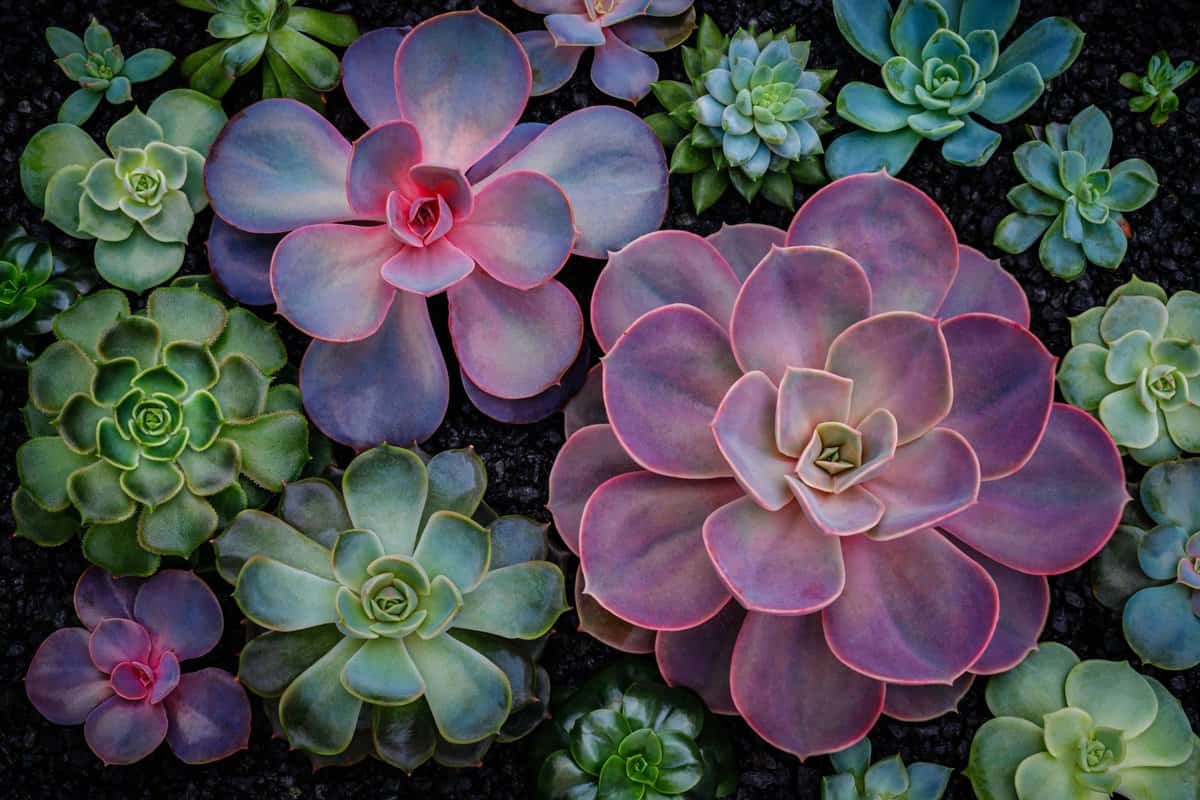
Pumice Or Perlite For Succulents?
Pumice tends to be the preferred option for succulents because it's heavier. Perlite can be used, but because it's so light, it can cause the plant to get knocked over or blow out of the container. Pumice will help keep the container weighed down and prevent it from spilling.
Is Perlite Safe For Humans?
The dust found in bags of perlite can be harmful when inhaled or if it gets into your eyes, but it is not toxic or poisonous to people.
Use a mask and eye protection when handling perlite to be safe, and it's recommended to wet it to help avoid the dust too. As long as you use caution when you're working with perlite, it can be perfectly safe.
Is Vermiculite Poisonous To Humans?
No, vermiculite is not poisonous to humans; when pure, it is perfectly safe to handle. Before 1990, it was common for insulation to be made from vermiculite.
In some of these instances, the vermiculite was harvested from locations that had been contaminated with unsafe chemicals that leeched into the vermiculite. These harmful chemicals—namely asbestos—caused cancer and other illnesses in people who had contact with the materials.
Is Pumice Safe For Humans?
Yes, pumice is safe for people to handle and doesn't present any dangerous properties. It's also generally good for the surrounding environment including plants, animals, and the ecosystem. It tends to bring positive changes wherever it goes and is one of the more desirable amendments for this reason.
In Closing
Now that you know all about the different soil amendment options and their differences, you're ready to decide which option is right for you.
Don't forget to consider whether or not you want to aerate your soil, add nutrients to it, or how much moisture retention you want for your medium. Have fun gardening, and good luck!
For advice on adding sand to your soil, read this article: Can I Use Play Sand To Amend Soil?
If you need help figuring out how to add amendments to the soil around live plants, read this article: How To Amend Soil Around Existing Plants, Trees, And/Or Shrubs?

